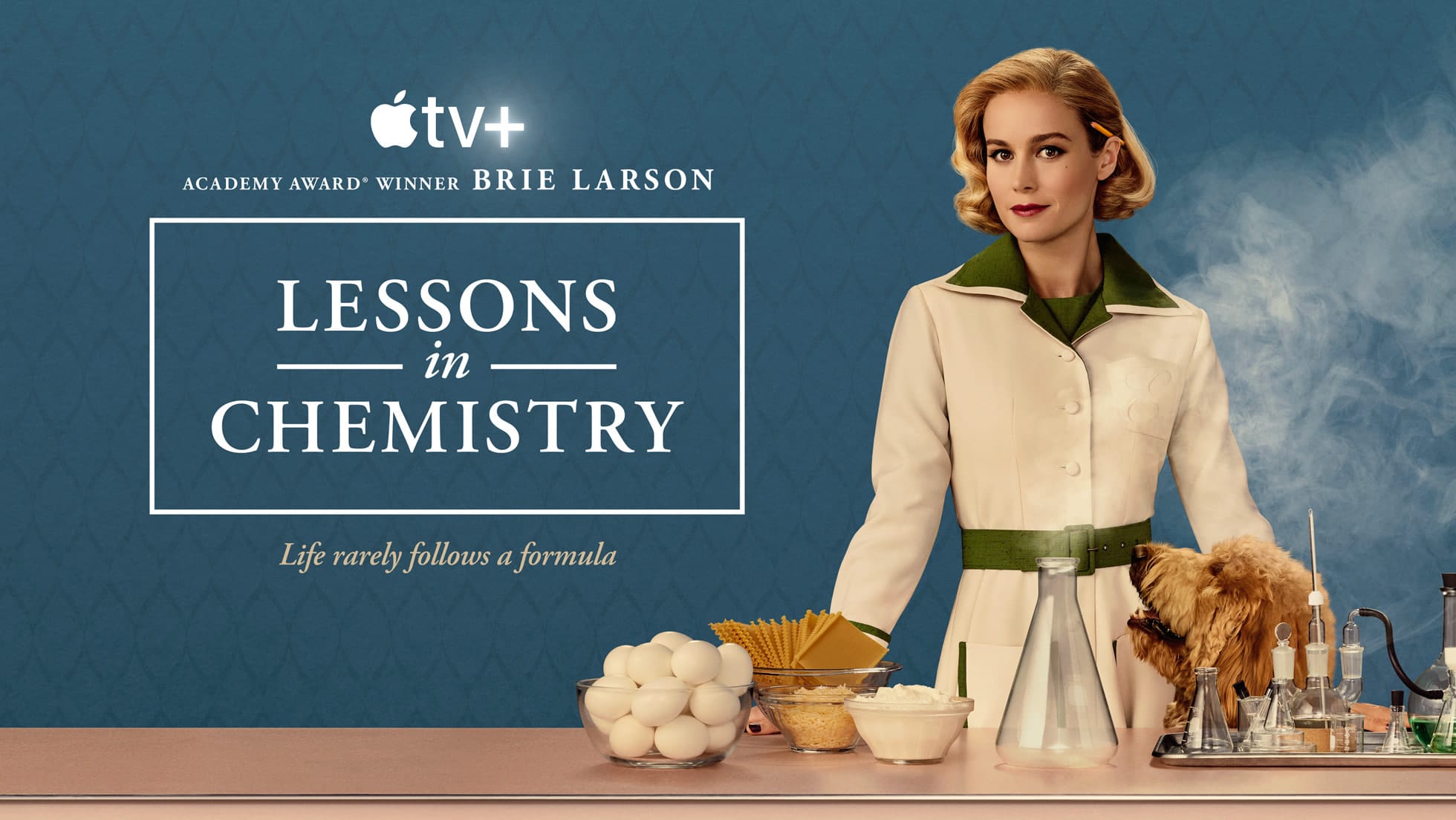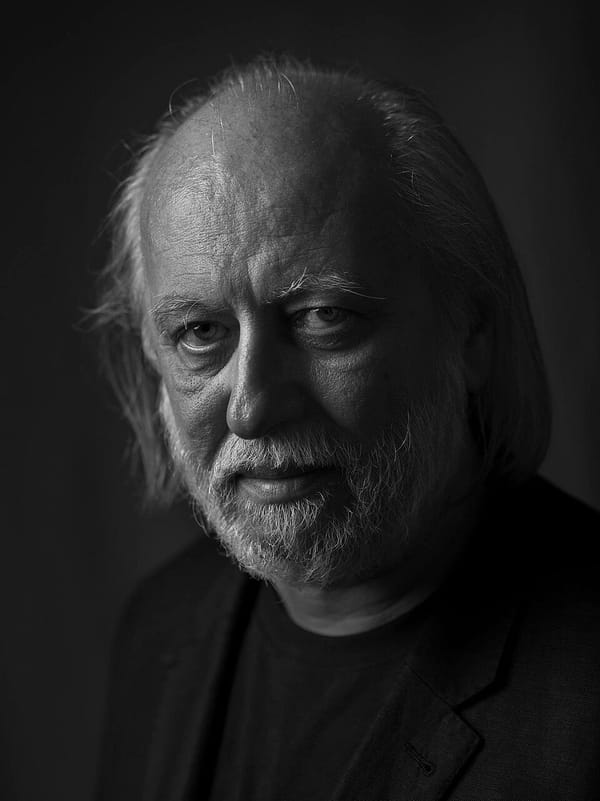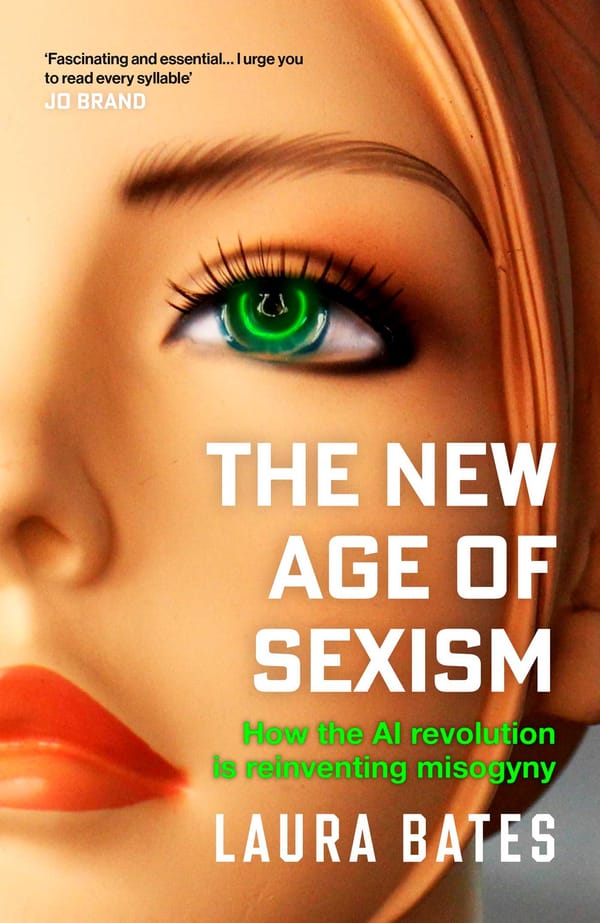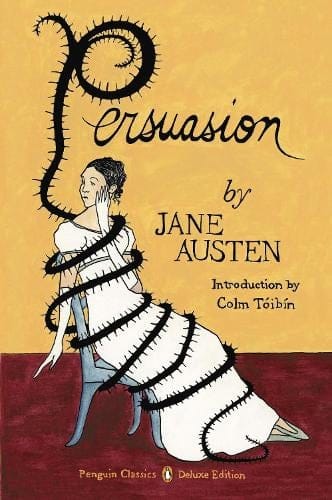Lessons in Chemistry
Alice emphasises the power of representative role models in literature
There are books that cause you to stare at the ceiling for a while when you’re done with them. Lessons in Chemistry by Bonnie Garmus is one of those. When I picked it up in a bookshop early July, I hadn’t expected a fictional chemist to make me think so much. I often read for enjoyment, to take a moment in the day for myself and relax; when I decide to read for leisure, it’s often not to have an-almost-identity crisis after just a few chapters. But here we are, with you reading this article about what I judge to be one of the most sensational books I’ve ever read.
Lessons in Chemistry follows Elizabeth Zott, a fierce, brilliant, and determined chemist in the 1960s. As you can probably imagine, being a woman working in a lab back then was not easy. Even today, we are all too aware of the sex and race-based discrimination that exists in STEM fields.

Elizabeth is constantly belittled and overshadowed by her male counterparts, very few support her and her work, few see her for what she really is: brilliant. It becomes even harder when she loses her strongest supporter and is forced to raise her daughter alone, but, being fiercely determined, she keeps on going and doing chemistry. Elizabeth is an example of resilience. She always gets back on her feet when life is difficult or when society puts her down, and that makes her endearing and powerful.
I was not surprised by the sexism Elizabeth encounters. Rather, I was saddened and angered by the isolation she is thrust into, especially how everyone expects her to shrink in the face of her challenges. Hasn’t everyone felt the pressure to blend in? Or thought themselves not smart enough to be loud with their ideas? Not Elizabeth. Her boldness prevents her from being made small. Her story resonates with what I’ve seen and lived: times when I knew I’d be ignored, times when I was told I was too ambitious, and times when I saw others in the same situation.
I wish younger me had had role models in her childhood like Elizabeth. She would have benefitted from being taught that her that her ambition is valid, to not give up on something because someone said so, and that her voice holds just as much value. To know that she can be herself.
Tangible diversity in industry and academia is inspirational and motivational, but simultaneously I think we also need more representation on the bookshelves and in classrooms. Books plant seeds in our minds; they nurture it. By seeing more scientists and ambitious female protagonists in children’s literature, young girls will be more inspired to pursue degrees in STEM and learn that they too can take up space.
I wish younger me had more role models like Elizabeth
There are very few women scientist mentioned in curriculums, even though women have made significant discoveries for science: laying the grounds for modern nuclear physics (Marie Skłodowska-Curie), discovering a treatment for malaria (Tu Youyou), CRSIPR gene editing (Jennifer Anne Doudna and Emmanuelle Charpentier)... to name just a few (but maybe more than you’ve encountered at school?).
Lack of representation leads to less girls choosing to study STEM subjects and pursuing STEM degrees. This has direct impacts: in the UK in 2020, there were twice as many male scientists (biology, mathematics, physical sciences), as female scientists, and in engineering the ratio was of 4:1. In addition, most scientific publications are authored by men, and men-authored publications get on average 30% more citations.
And then there is the pay gap. Even though it is not limited to science and engineering, it certainly dissuades some women from pursuing careers in STEM.
This gap is mostly caused by lower hierarchy positions for women, as well as bias and the fact that more women work part time due to taking care of their children. Elizabeth encounters significant bias at the lab she works in at the start of the novel, as she is not considered as a scientist, even though she produces better work than the male scientists she works under.
Lessons in Chemistry is centred around a chemist, but the message of the book is far wider. I would recommend this book to any adult, in STEM or not. It is something even an occasional reader would appreciate: the story flows easily, captivates you from the first page and leaves a lasting impact. Now, when I come across challenges, I think to myself “What would Elizabeth Zott – an independent, bold, passionate, and powerful women – do?”.










